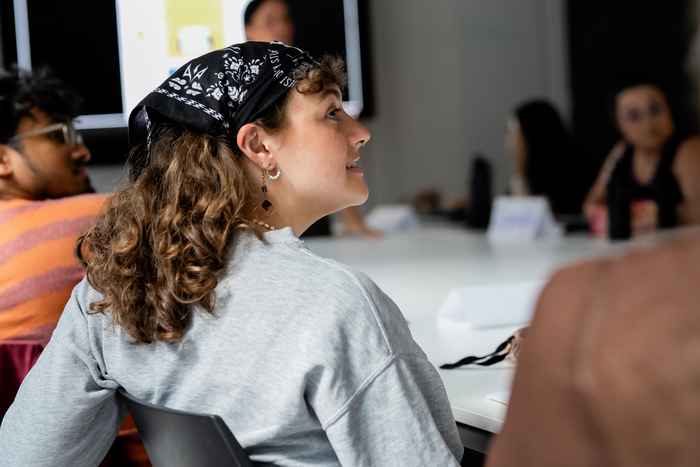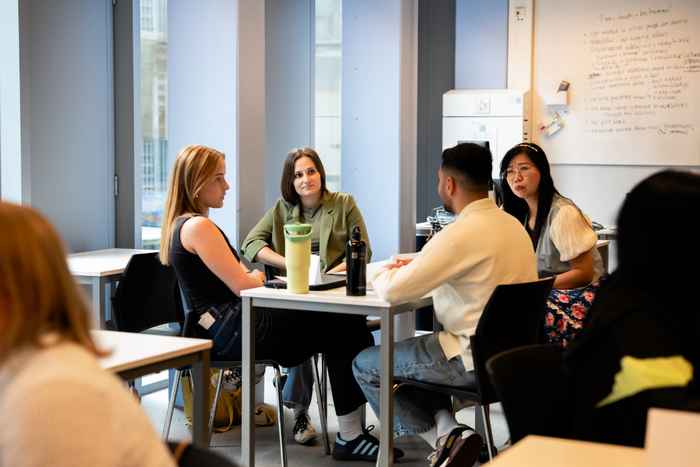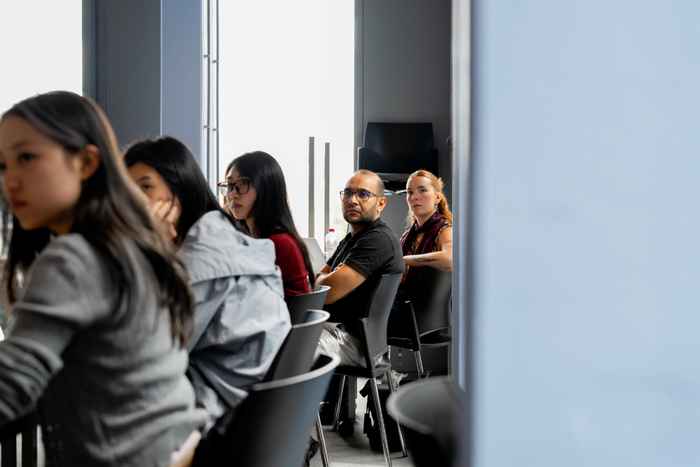Multilateralism, Globalisation & Corporate Diplomacy
Does climate crisis spell the end of human civilization or a chance for a major breakthrough in global cooperation and multilateralism? Is the resurgence of nativist attitudes a transient backlash or the dawn of the post-globalist era? Will mission-driven business dominate future markets or become yet another trite gimmick? With a focus on practice over theory, these are the types of questions participants in this three-week course will ponder and discuss.



-
Programme at a glance
Mode of instruction: On-campus (3 weeks) Academic dates: Sunday 20 July - Thursday 7 August 2025 Housing dates: Friday 18 July - Friday 8 August 2025 Academic fees: Student fee:
€1750. Read more about what's included in the fees.
Working professional fee:
€2000. Read more about what's included in the fees.
Housing fees: €825 for a private room with shared facilities. Housing is optional. Read more about university-organised accomodation.
Credits: 6 European Credits. Read more about credits and credit transfer. Early Admission Deadline: Saturday 1 February 2025
Students who require a Schengen Visa to study in the Netherlands are strongly advised to apply before the early deadline to ensure there is enough time to secure a visa appointment before the programme begins.
Final Admission Deadline 1 May 2025 Who is this programme for? Level: Bachelor and Masters students.
Background: Students should have an interest/experience in the social sciences, political science and/or business, and wish to explore the interdisciplinary field of multilateral diplomacy.
-
Programme description
Without robust global cooperation, humanity can’t effectively address the challenges of the 21st Century (climate emergency, the rise of inequality, the impact of automation on jobs, AI safety, advancements in genomics and biotech, etc.). To improve global cooperation, we need to understand it first, and that’s the aim of this course - to better familiarize the students with the existing multilateral system, explore its shortcomings, and gain an appreciation for what is at stake.
When it comes to our infinitely complex global system, there are many questions and very few answers. The words of Virginia Burden when considered within our global context ring true today more than ever, “Cooperation is the thorough conviction that nobody can get there unless everybody gets there.” Participants in this program will explore the pillars on which the global system is built, from the basics of the United Nations and Bretton Woods, to the G7 and G20, and the emerging multilateral institutions within BRICs. We’ll consider the past, present and future role of nation-states, multinational corporations, and civil society through the prism of globalization.
Subjects include: economic diplomacy, multi-stakeholder institutions, the role of civil society, and the power of an individual to drive change. Throughout the programme, students will work in interactive sessions and present their critique of existing institutions, brainstorm concrete proposals to strengthen global cooperation, and offer fresh solutions to the policy dilemmas that the world is struggling to address.
-
Academic director
Andrew Chakhoyan holds a Master of Public Administration from the Harvard Kennedy School and is an alumnus of the World Economic Forum’s Global Leadership Program. Andrew is the founder & CEO of the Netherlands-based Strategic Narrative Consulting, a boutique advisory firm that specializes in business diplomacy and public policy in tech. He has previously served in the U.S. Government, managed corporate affairs for a global telco, and held a leadership position at the World Economic Forum. Andrew is a member of the Netherlands Speakers Academy and a regular contributor to publications such as Futurism, NewCo Shift, and WEF Agenda.
-
Explore our community
Want to get to know more about studying in Amsterdam? Follow us on social media and join our summer community. Get a feel for our summer school vibe and our academic and social community, and learn about studying with us through the eyes of past summer school students.
- Mode
- Short-term
- Credits
- 6 ECTS, 3 weeks
- Language of instruction
- English
- Starts in
- July